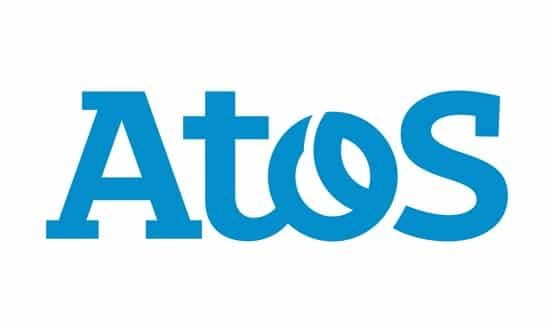Telemedicine makes weak impact on outpatient waits
- 13 April 2006
Evidence for the effectiveness of telemedicine in the UK is weak, according to a new report examining strategies for improving outpatient waiting times.
Outpatient Services and Primary Care, a study by the National Primary Care Research and Development Centre (NPCRDC) based in Manchester, examines four alternative approaches for improving outpatient efficiency and effectiveness.
It concludes that two of the strategies – transfer of care from secondary to primary care and professional behaviour changes – are broadly effective. The report found that two other strategies – relocation of services to primary care, including ‘virtual relocation’ through telemedicine, and liaison betweens secondary and primary care – are ineffective.
The literature review looked at 25 separate studies on telemedicine including four systematic reviews and one Cochrane review.
The report said that one of the problems in assessing the telemedicine literature was the "relative paucity" of high quality data.
The report adds: “There are few carefully conducted studies which enable the real potential impact of telemedicine on outpatient attendance to be assessed. All the systematic reviews commented on the overall poor quality of published telemedicine evaluations. “
Professor Martin Roland, director of the NPCRDC who led the study, said the lack of robust evidence made it difficult to draw definite conclusions. There was stronger evidence that telemedicine was not cost-effective and weaker evidence about its overall effectiveness for the health service.
He told EHI Primary Care: “People assume telemedicine might be a cheap option but telemedicine interventions actually cost the health service more, mostly because you have professionals’ time at both ends and also the cost of the kit.”
He said that if patient costs were also taken into account telemedicine could be cost effective but it was critically dependent on the distance of travel and in most cases was not cost effective in the UK.
The report says: “Most studies showing substantial overall costs savings (taking both patient and health service costs into account) are ones which involve substantially greater travelling distances than those experienced by most patients in the UK."
ProfessorRoland said there was mixed evidence about the effectiveness of telemedicine for the health service with, for example, dermatologists reporting difficulty in some cases diagnosing skin rashes remotely because of problems with the colour representation over video links and inability to examine the rash.
The report found that published papers varied widely in their estimates of the reliability and accuracy of diagnoses made in telemedicine consultations, and that very few studies were available that compared health status outcomes for telemedicine and conventional clinics. There were anecdotal reports of outpatient visits saved by teleconsultations although for some specialties the follow up rate is increased after a telemedicine consultation, in part because of the need for the specialist to carry out their own physical examination.
The report adds: “Few studies were designed in a way which allowed the overall impact of telemedicine interventions on health service use to be assessed.”
The report found that telemedicine consultations were generally acceptable to patients, particularly where it also meant avoiding a long journey or long waiting time for an appointment, but there were also times when a face-to-face consultation was preferred.
Professor Roland said telemedicine had to be very carefully considered at a time when the government wanted to move more services into the community but PCTs and trusts were very short of money.
He added: “People need to be very clear that the benefits gained are actually realised because it’s not going to save the health service money and there should also be robust evaluations of any new initiatives.”
Links
Outpatient Services and Primary Care




